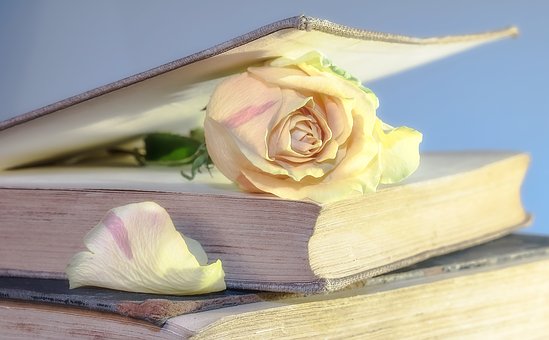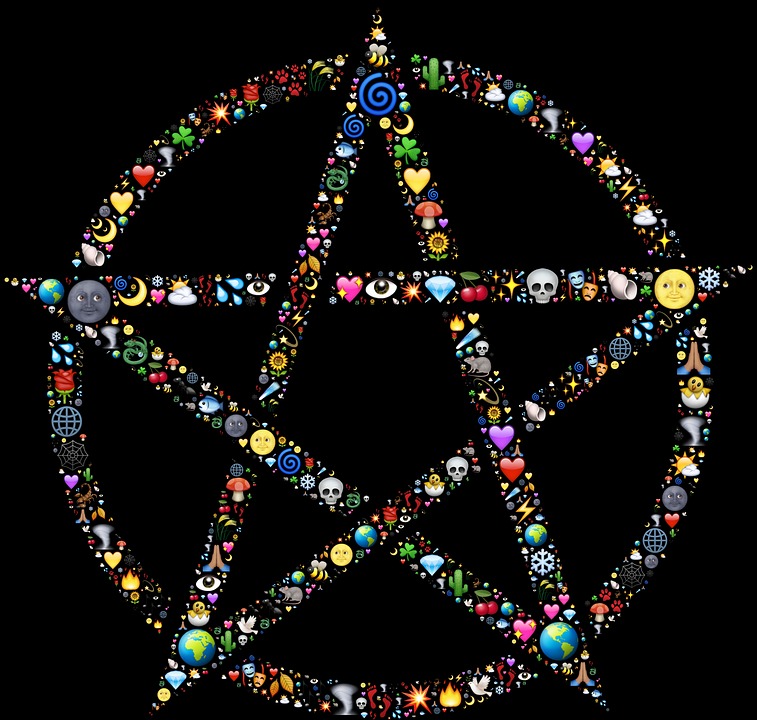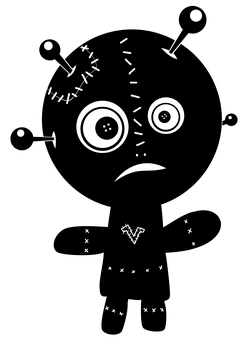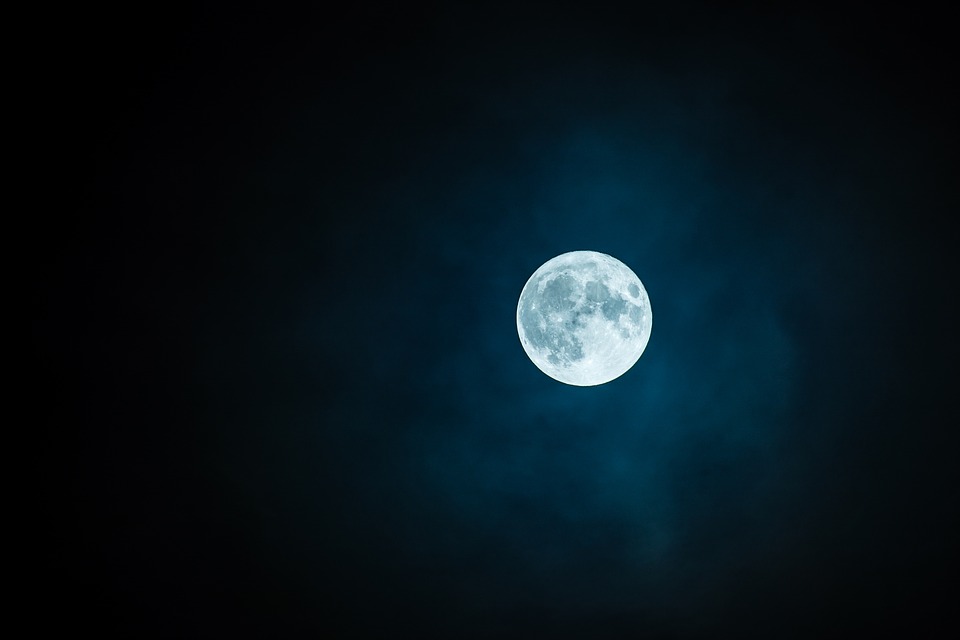Some people have tried to associate the word with ancient Jewish mysticism and Kabalism . Typical examples say that it is derived from ab, ben, and ruach acadasch, words that respectively mean father, son, and Holy Spirit. Another supposed source is that it is a variation of the Hebrew abreq ad habra, which means, “hurl your thunderbolts even unto death.” Another version has it meaning “Speak the blessing” from the Hebrew “ha brachah dabarah.” There are a wide variety of other variations and supposed sources for this word.
Continue reading “Abracadabra by Donald Michael Kraig”Tag: word
The Draconic Tradition’s Codes of Honor
The Draconic Tradition has Codes of Honor that is followed by all true Dragon Mages. It is followed in magickal workings and in everyday life. There are sometimes when we can’t follow the Codes to the exact word, but to completely ignore them would be foolish. Dragons will not work with a practitioner that ignores them. But one, who follows them to the best of their ability, earns the respect of Dragons and will have no problem working with them.
Basics of Vodou (Lesson 1)
L1
Although the word Voodoo tends to conjure images of zombies, pins stuck in dolls, animal sacrifices, priests drinking blood, etc., it’s not exactly a realistic portrait of what Voodoo truly is. In fat because of the images associated with this word, most practitioners prefer the term Vodou.
Continue reading “Basics of Vodou (Lesson 1)”
Ariadne
by Dr Alena Trckova-Flamee Ph.D.
Originally Ariadne was a vegetation goddess in Crete related to the other Cretan goddesses especially to Britomartis. Sometimes Ariadne was associated with the surname “Very Holy Maid,” because her name is a variant of Ariagne from the Greek word àgni, which means “the most holy.” Under this title — àgni — Aphrodite on Delos was honoured.
Dievini
by Aldis Putelis
Dievini (diminutive plural from dievs) is a collective name for the group of minor gods of the Latvian pantheon. Mostly, the Dievini act as protecting and household gods. The word itself seems to be a more recent construction. Although being less described in the classical folklore, these could be the deities honored more in day-to-day life as the actual rulers of the household fortune and therefore of more influence.
Mana
by Alan G. Hefner
Nearly all languages had a cognate of this word, the basic meaning of which was maternal power, moon-spirit, magic, supernatural force, and a title of the Goddess. Mana came back into English from anthropological studies in the South Pacific, where the word was described as follows:
Mana is the stuff through which magic works…proceeding immediately from the nature of the sacred person or thing, or mediately because a ghost or spirit has put it into the person or thing…The cult of the relics of the saints springs from the belief that their bodies, whether living or dead, possessed Mana.
Baal
by Alan G. Hefner
The antiquity of the worship of the god or gods of Baal extends back to the 14th century BCE among the ancient Semitic peoples, the descendants of Shem, the oldest son of Biblical Noah. Semitic is more of a linguistic classification than a racial one. Continue reading “Baal”







